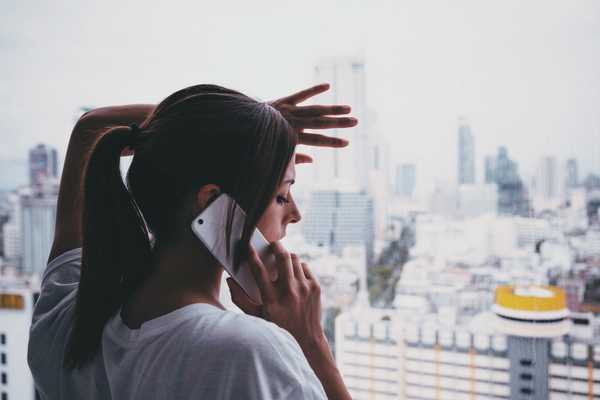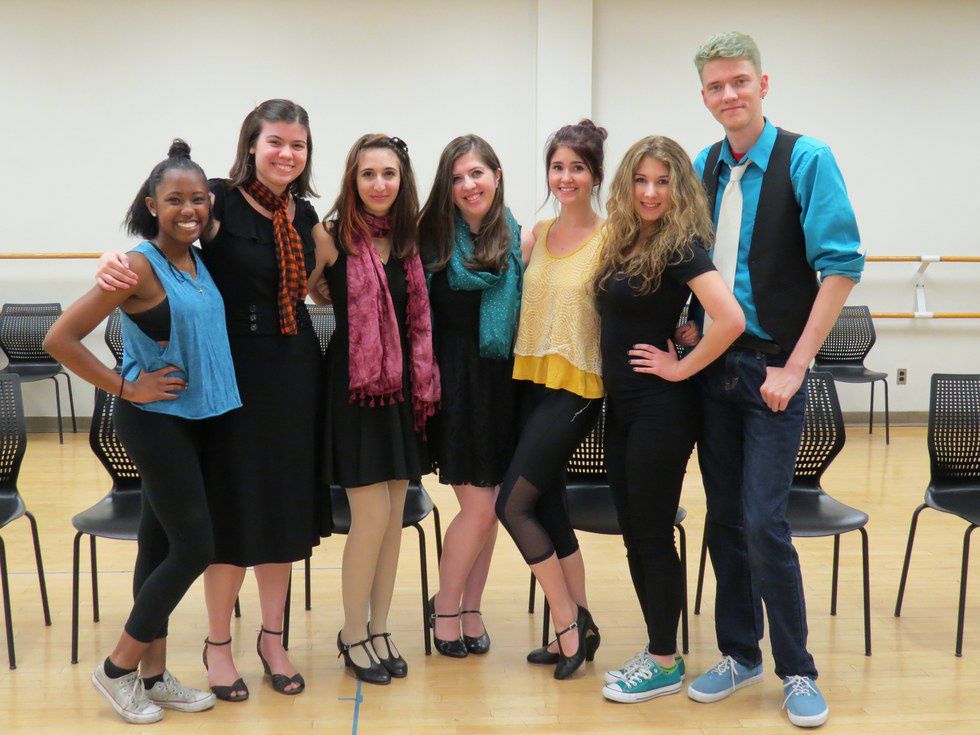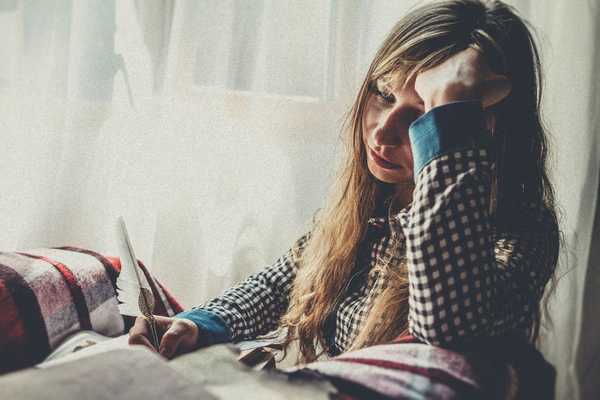What is Depression? What is Drama Therapy? How do we connect the two?
Left to Right: Kaelyn Cooper, Hannah Durrett, Tori Esposito, Gemma Dick, Grace Otto, Summer Solon and Zachary Hugo
"Saying to someone with depression 'What do you have to be depressed about?' is like saying to someone with asthma 'There's plenty of air in here to breathe.'" - Tori Esposito (The Depression Monologues).
Last year, I had the opportunity to participate in the Honors First Year Project. This involved enrolling in a one credit class with a professor of my choosing and working on a semester long project in a category of my choice - ranging from Analytical Research to Creative Expression. I chose to enter the creative expression category with a project focusing on depression. I knew from the outset that I wanted to create something special and thought-provoking; I had suffered from depression for three months and I knew that I wanted to shed light on the issue in a way that would be therapeutic for all involved, whether viewer or participant. Ever since I was a little girl, I was always drawn to the theater. Becoming a character and discovering a world where I could "play" and discover universal truths, helped me find happiness. During this time I was introduced to drama therapy, and from there the idea for The Depression Monologues was born.
Drama Therapy is the intentional use of dramatic arts and/or theater processes to achieve therapeutic goals. I was interested in the idea of catharsis, providing an outlet and relief from strong or repressed emotions, so I was hoping that my project would help people realize depression is a real issue and affects millions of people. I began by making a blog post on Tumblr asking for those with depression to relay their stories to me. I received an overwhelming amount of anonymous responses telling me their life tales. Using these stories, I wrote monologues and created a show, appropriately titled The Depression Monologues.
To turn my script into a reality, I began to cast people within the theater program at the University of Arizona. Two days of auditions resulted in an amazing cast of people who were dedicated and passionate about the project. The stories I decided to focus on consisted of attempted suicide, rape, anxiety, postpartum depression, chronic depression and self-harm. I had each actor wear the awareness color of what they were representing – yellow to denote suicide awareness, teal to anxiety, etc.
After filming and editing the project it was time to present it at the convention. I created a poster-board which featured drawings created by people who are working through depression, quotations about drama therapy and definitions from the actors about what depression is to them.
The clinical definition of depression is: "A serious clinical condition in which a person feels very sad, hopeless and unimportant and often is unable to live in a normal way."
Some answers the cast provided were:
"Depression is an obsession with something. It tends to be more circumstantial than a chemical response. It’s a thing that is dragging them down and their inability to feel. It’s a feeling of utter hopelessness and an inability to improve self and condition.” - Zachary Hugo
"Depression is apathy. It is not caring whether you live, die or who remembers you. It doesn’t matter. If you look at the grand scheme of life, it’s meaningless. You are a rain drop in this ocean of humanity and even this ocean doesn’t matter. It’s an inability to tap into emotions. With theater it’s much easier to tap into these emotions and people can help and guide you to release those emotions you aren't able to feel. You are given characters that don’t have the ability not to feel. So not using emotion is impossible in a theatrical setting.” - Grace Otto
After presenting my project, I found out I received an Honorable Mention and was rewarded one hundred dollars for my work. I went on to present at the Honors Expo and continued to present in various classrooms. The most rewarding part of the whole experience was the response that the people whose stories I adapted responded with.
"So far I’ve watched through the girl who did my story and wow. Tori, what you’re doing with this is incredible. Thank you so much for this, and for spreading awareness for something that affects so many.”
"This is so incredible Tori; so powerful and so impressive. I am so proud of you and the work that you have done to bring such a prevalent problem for so many out of the shadows and into people's awareness. Great job!”
"That was very beautiful Tori. Thank you for letting me be a part of this.”
These responses overwhelmed me in that I was so blessed that my project could reach these individuals and give them justice and a sense of love. I know what it is like to live with depression, so reaching out to the community and finding a way to express my feelings through art was the most therapeutic and amazing experience that I could have asked for.
In conclusion, I would like to say thank you to the people who shared their stories with me and allowed me to share their lives with the world. Thank you to the school for recognizing how important depression is and thank you Odyssey for allowing me to further spread this ever growing topic.
For those who would like to watch the show:






















